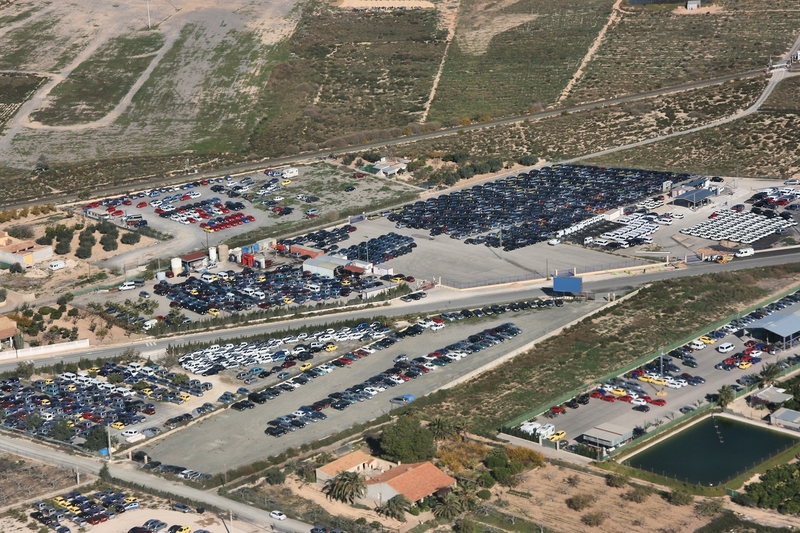
With more than two million inhabitants in the province of Alicante, the company has a fleet of over 1.4 million vehicles. This highlights the direct relationship between population and the number of motorized units. We rank fourth in the national rankings in both categories. However, there is a peculiarity in the automotive sector that is closely linked to tourism: registration data indicates that the rental sector is a driving force.
For example, every second car registered in the province of Alicante in the first four months was for the Car Rental Service (RAC). Official statistics show that of the total 19,771 registered vehicles, 9,638 units were in circulation – 2,876 of which were in the business segment and 7,257 were private. Easter was a crucial period in this regard, as April, with 5,560 registrations, is considered the most successful month of the last 30 months.
In addition to the generated business, it’s easy to see that the registration process at the General Directorate of Transport has already generated revenues of nearly one million euros. The official fee for registering a vehicle is €99.97, which amounts to a total of €961,583.26 over the four months.
A different picture emerges when one considers that 84% of the RAC’s market share is concentrated in the Valencian Community on the Costa Blanca. Taking this a step further, it becomes clear that the importance of the rental market is highly rated throughout Spain, with only Madrid surpassing Alicante. However, compared to other major cities such as Barcelona, Valencia, or Málaga, Alicante is far ahead. Juan Luis Barahona, Executive President of the National Association of Vehicle Rental Companies (Feneval), highlights the regional context: “The rental car market in the Valencian Community recorded a slight decline of 1.61% year-on-year in the first four months of the year. Despite this negative trend, however, the market is showing a level consistent with the symptoms of the previous year.”
Other provinces, such as Valencia and Castellón, recorded growth of 8% and 59%, respectively, in the first four months, but the absolute figures are significantly lower (271 and 1,471, respectively). The association’s president emphasizes: “We consider the data overall positive, as they reflect a general reactivation of the RAC channel in the Valencian Community, which is an excellent reflection of the tourism dynamics in Spain.”
The sector also highlights the importance of Alicante-Elche Airport, one of the most important in Spain, especially since around 80% of users are foreign. Another factor that correlates with the high number of registrations is second homes and longer stays. In the latest tourism survey on the movement of foreign tourists, the Costa Blanca was ranked as the destination with the longest stay (9.7 days per person per trip).
An interesting new feature in the statistics is that companies are beginning to consider hybrids as an option. According to Feneval, April saw significant growth in the RAC sector for alternative vehicles such as liquefied petroleum gas (LPG), with registrations increasing from just 79 units in April 2024 to 830 units last month. Electric vehicles also recorded growth of 227.15%, having registered 988 units. These data refer to the national level.
However, it is cautioned not to consider these developments merely as alternatives, as overall, gasoline-powered vehicles (42.08%) accounted for the largest market share throughout April, followed by gasoline mild hybrids (20.49%). The total market share of fully electric vehicles increased to 3.15% compared to March.



